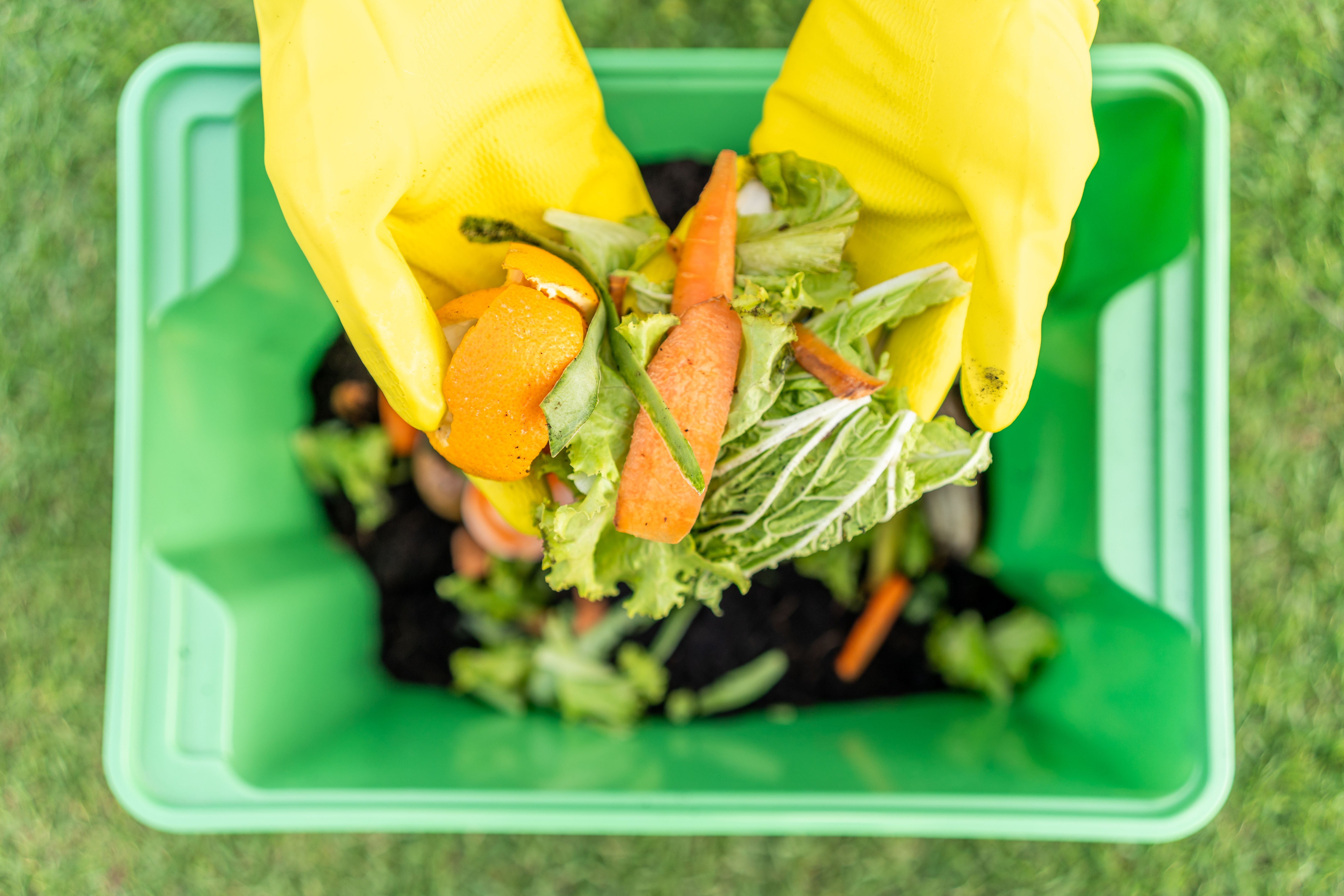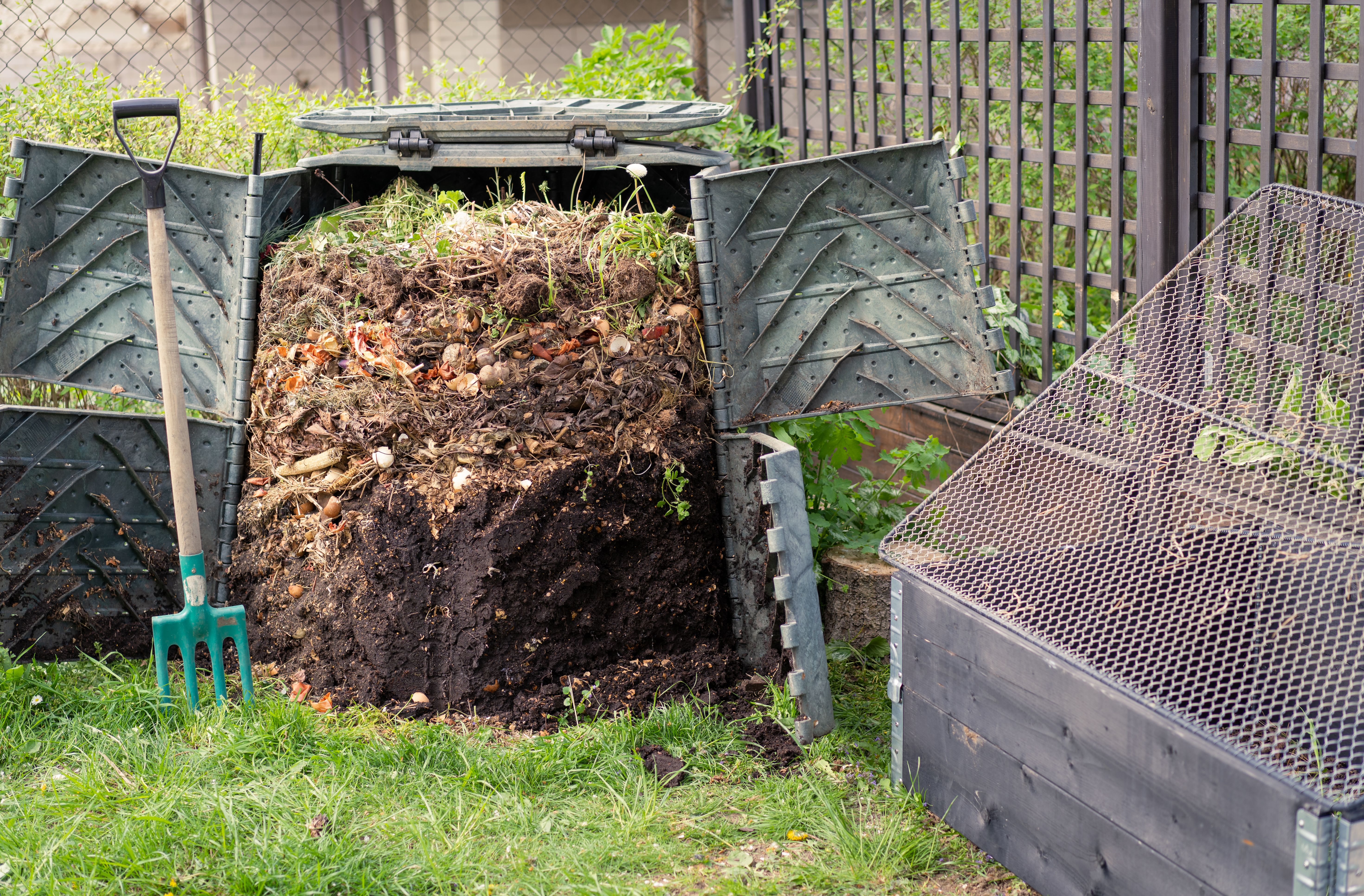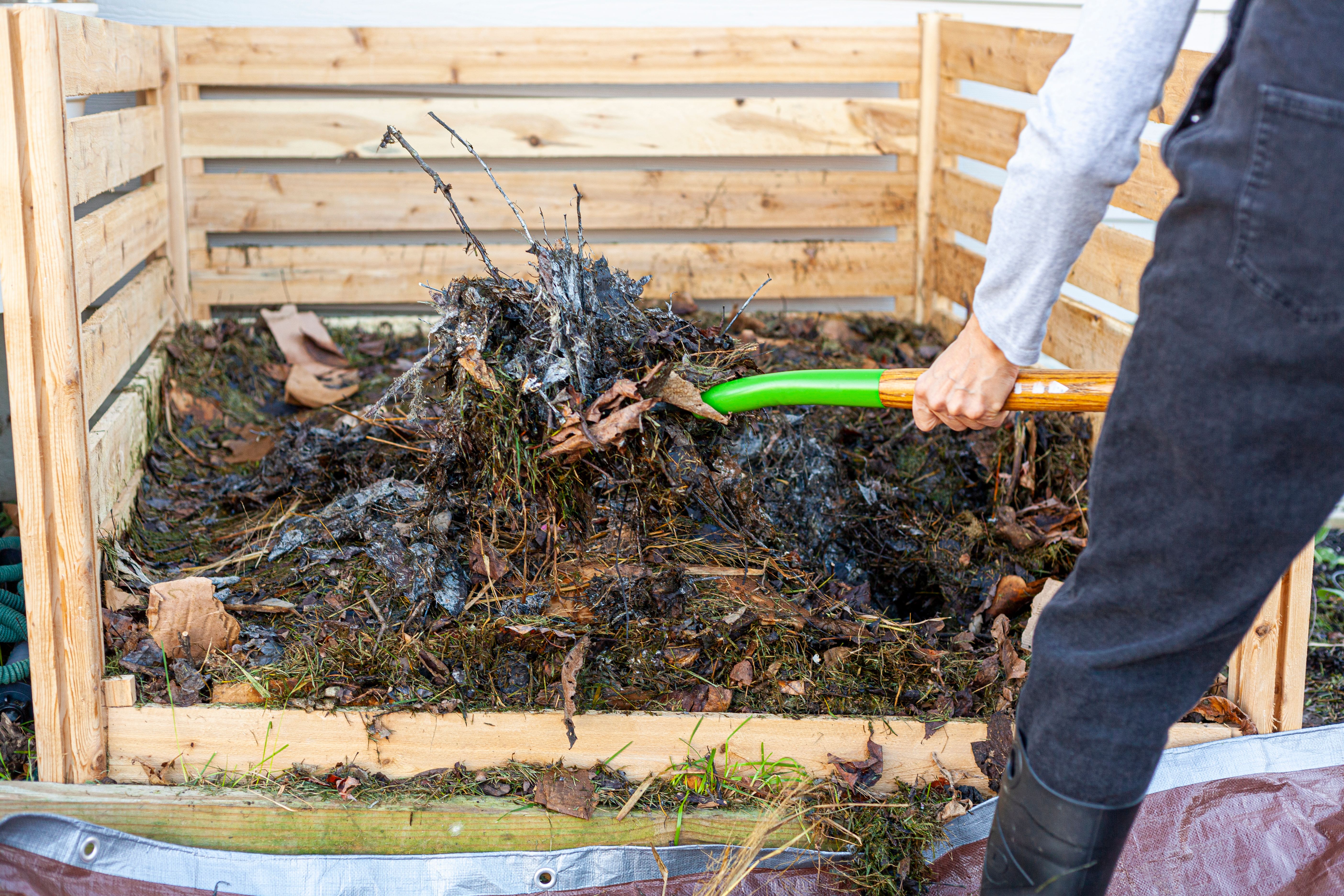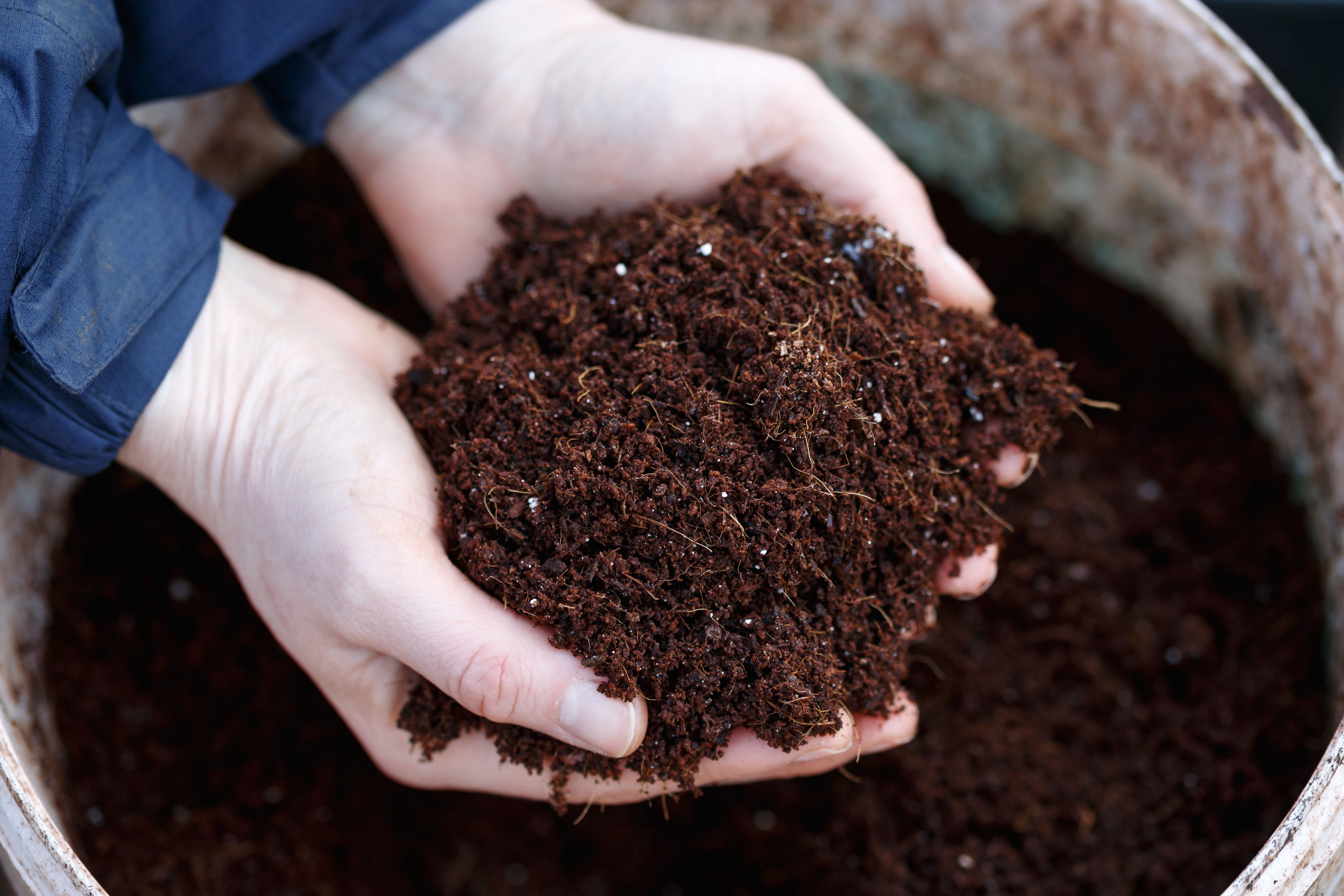Home Composting: A Complete Guide
Getting Started with Home Composting
Home composting is an environmentally friendly practice that turns your kitchen and garden waste into nutrient-rich soil. This process not only reduces the amount of waste sent to landfills but also provides you with a free source of fertilizer for your garden. Whether you're a seasoned gardener or a beginner, composting is simple and rewarding.

Choosing the Right Composting Method
There are several methods to consider when starting home composting. The most popular ones include traditional compost bins, tumblers, and vermicomposting. Each method has its pros and cons, so it's essential to choose one that suits your lifestyle and space availability. Traditional bins are great for large gardens, while tumblers are perfect for smaller spaces. Vermicomposting, using worms to break down waste, is ideal for indoor composting.
What to Compost
Not all waste is suitable for composting. It's crucial to know what you can and cannot add to your compost bin to ensure a healthy decomposition process. Generally, you should include:
- Fruit and vegetable scraps
- Coffee grounds and tea bags
- Eggshells
- Grass clippings and leaves
- Shredded newspaper and cardboard
Avoid adding meat, dairy products, and fatty foods as they can attract pests and create unpleasant odors.

The Composting Process
The composting process involves breaking down organic matter into humus. This process is facilitated by microorganisms, which require the right conditions to thrive. Ensure your compost has a good mix of "greens" (nitrogen-rich materials) and "browns" (carbon-rich materials) for optimal decomposition. A balanced ratio of these ingredients will help speed up the composting process.
Maintaining Your Compost
Proper maintenance is crucial for successful composting. Regularly turn your compost pile to aerate it, allowing oxygen to reach the microorganisms. This helps speed up decomposition and prevents the pile from becoming compacted. Keep the compost moist but not too wet; it should feel like a damp sponge. If it becomes too dry, add water; if it's too wet, add more brown materials.

Signs Your Compost is Ready
Compost usually takes a few months to a year to mature, depending on factors like temperature and the materials used. You'll know your compost is ready when it resembles dark, crumbly soil with an earthy smell. At this stage, it's rich in nutrients and can be used to improve garden soil or as a natural fertilizer for plants.
Troubleshooting Common Composting Issues
Sometimes, you might encounter issues such as foul odors or a slow decomposition process. Common causes include a lack of oxygen, excess moisture, or an imbalance of green and brown materials. To troubleshoot these issues, turn the pile regularly, adjust moisture levels, and ensure a proper balance of ingredients.
Benefits of Home Composting
Home composting offers numerous benefits beyond waste reduction. It enriches the soil, promotes healthier plant growth, and reduces the need for chemical fertilizers. By composting at home, you're contributing to a more sustainable environment and playing a part in reducing greenhouse gas emissions.
In conclusion, home composting is an easy and effective way to manage organic waste while benefiting your garden and the environment. With the right approach and regular maintenance, you'll be able to enjoy the fruits of your labor in no time.

